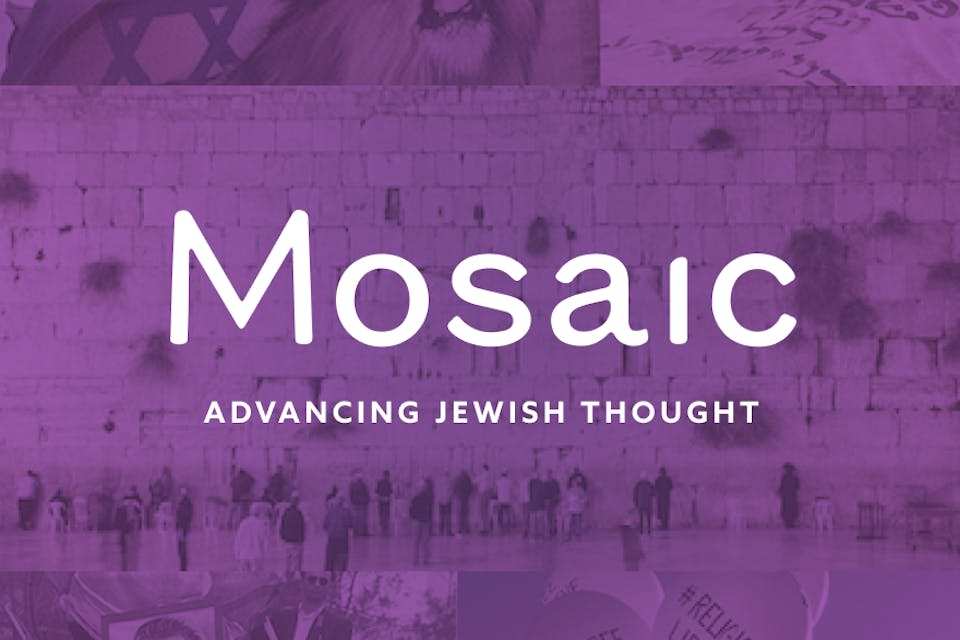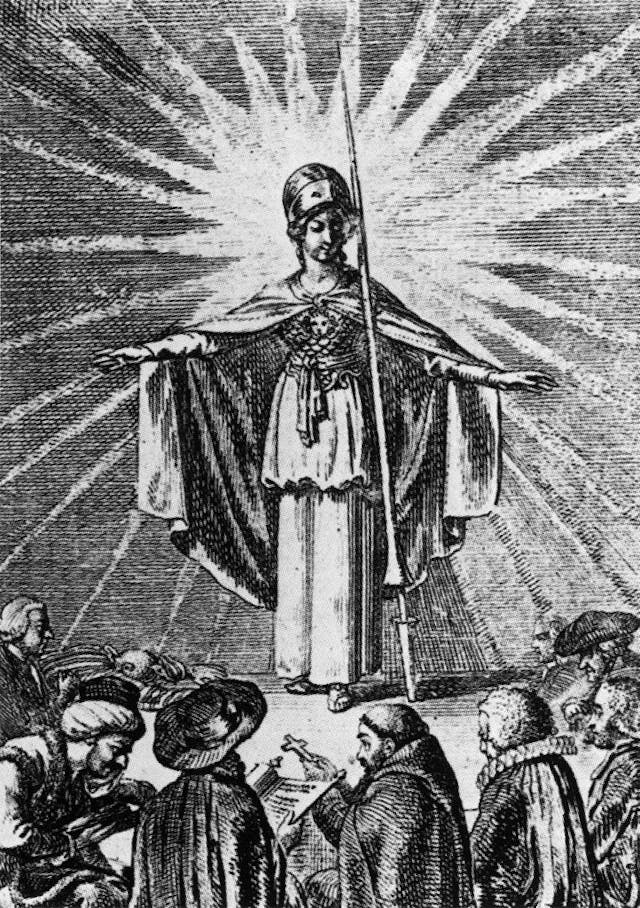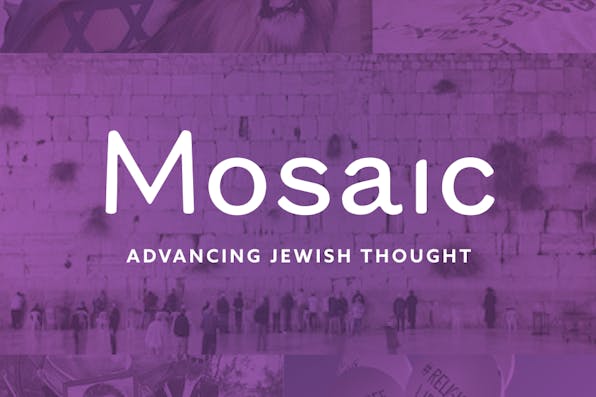
July 7, 2013
Much Obliged
Moshe Koppel argues brilliantly for the separation of religion and state in Israel. But he makes one mistake: religion is not just one choice among many.

Moshe Koppel has written a brilliant critique of Israel’s approach to the relationship between religious communities and the government, and in the process has offered a profound meditation on the meaning of community in modern life. In a concise and learned way, he has opened up a crucial question to which many Israelis assume the wrong answer is the only answer. At the same time, he has shown an admirable appreciation for the limits of the Israeli polity. In short, he has accomplished the rare feat of writing an essay that is simultaneously practical and deep, ambitious and modest.
I worry, however, that his framing of the argument risks undermining its goal. Simply put, Koppel advocates the empowerment and independence of religious communities on the basis of their being communities, rather than on the basis of their being religious. In so doing, he puts himself at odds both with the Anglo-American tradition of religious toleration and with the Israeli tradition of social-democratic statism. By drawing upon a libertarian strain in Anglo-American political thought that emphasizes too simple a notion of choice, he denies himself recourse to arguments that might better appeal to his fellow Israelis.
